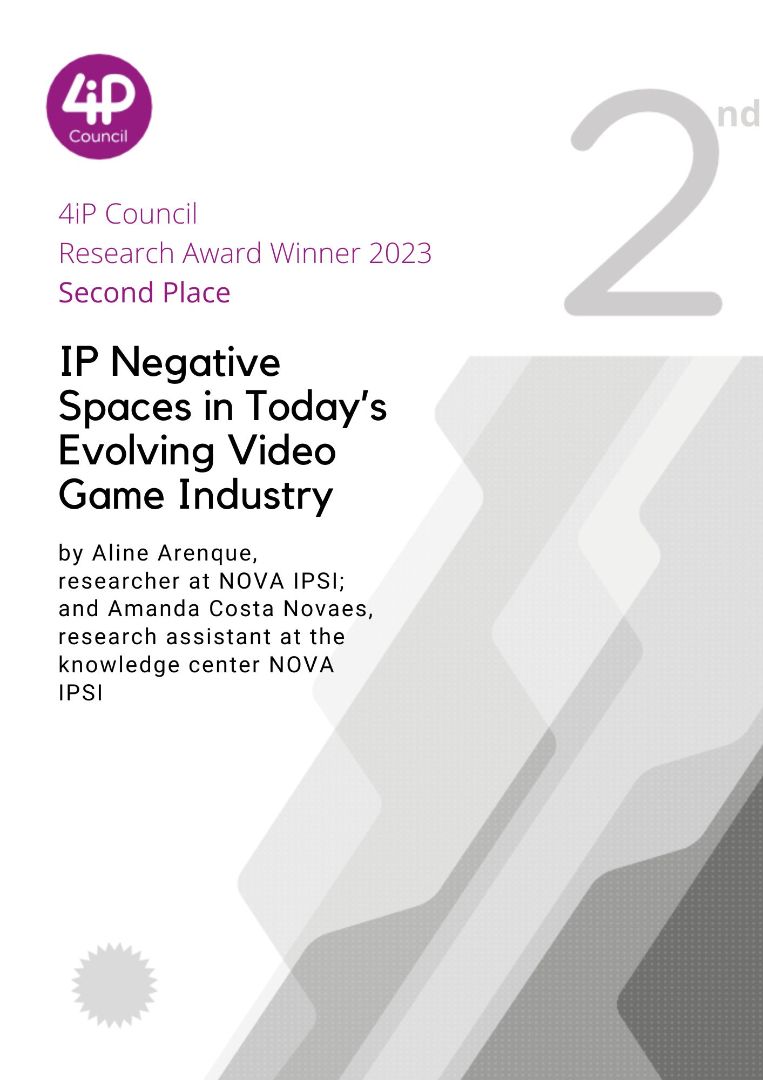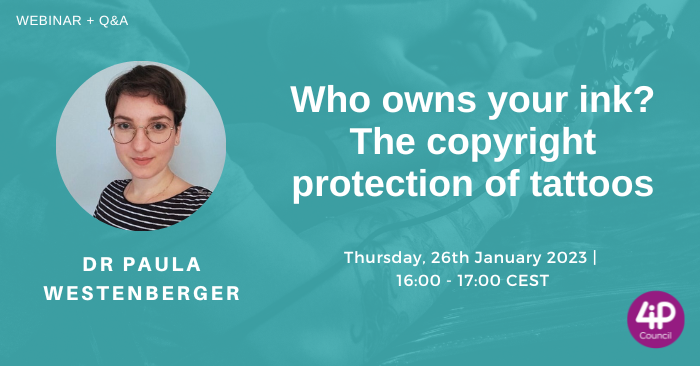Video games emerged in the 1960s with the primary aim of providing entertainment. Since then, the video game industry has evolved into a thriving sector. This article explores how this success could relate to the exploitation and enforcement of Intellectual Property Rights (IPRs), or, rather, to the lack thereof. The analysis focuses on three pivotal characteristics of video games: cloning, modifications (also known as mods), and unauthorised copies.
IP negative space encompasses the phenomenon of a thriving industry with a low level of IP protection. In the case of video games, the industry seems to have different responses to enforcing IPRs, with various incentives beyond exclusivity playing an important role.
Firstly, a lot of video game components fall outside the subject matter of copyright protection. This is especially important when discussing cloning, namely new video games “copying” the rules and functionalities of another video game. In Nova Productions v. Mazooma Games, for instance, the UK Court decided that the mechanics and functionality of video games do not amount to copyright protection, as they represent ideas rather than their expression. This presence of non-IP-protected elements promotes industry expansion worldwide and the development of new video games, including the creation of distinct video game genres.
Regarding mods, which are alterations made by the gaming community to the original version of a specific video game, we expect to observe a nuanced industry response. Alterations found in Bethesda’s Fallout and The Elder Scrolls that enhance the video game by fixing bugs and improving content, seem to be permitted by video game companies. These play a role in the financial success of gaming companies and promote the creation of new video games. Conversely, when the mods undermine fair play, gaming companies usually implement stringent internal policies and regulatory measures. For instance, Blizzard’s complaint about IP infringement over Bossland’s mods culminated in several legal battles.
In the context of unauthorised copies, commonly referred to as piracy, the video game industry seems to have been relying on a more traditional IP enforcement approach. Nintendo’s strategy over this matter has resulted in hundreds of lawsuits to counter unauthorised distribution of their video games.
In this light, our research provides insights into how the video game industry practices shift from IP “positive spaces”, namely the traditional enforcement of IPRs, to IP negative spaces, thriving in the absence of enforcement. This analysis reveals how these shifts align with business strategies and economic benefits, proving to have characteristics that fall into the IP negative space domain and vice-versa.






